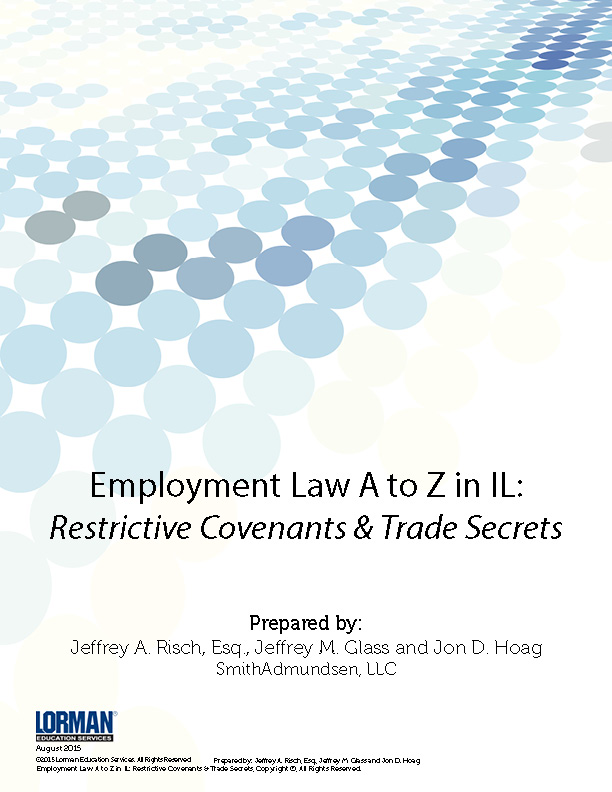In order to understand the law of restrictive covenants, it is helpful to keep in mind that these contracts require courts to reconcile conflicting legal policies. On the one hand, the legal system favors the freedom to contract and will enforce any contract entered into willingly by consenting adults. On the other hand, courts also generally favor free, unrestricted competition. With restrictive covenants, however, these policies collide because they are contracts in which a person agrees to restrict his or her ability to compete and earn a living. Due to these conflicting policy concerns, restrictive covenants are not ordinary contracts. Special rules apply to them. Special care needs to be taken in drafting them, administering them, and enforcing them, in order to maximize their effectiveness to the employer.
More Program Information

